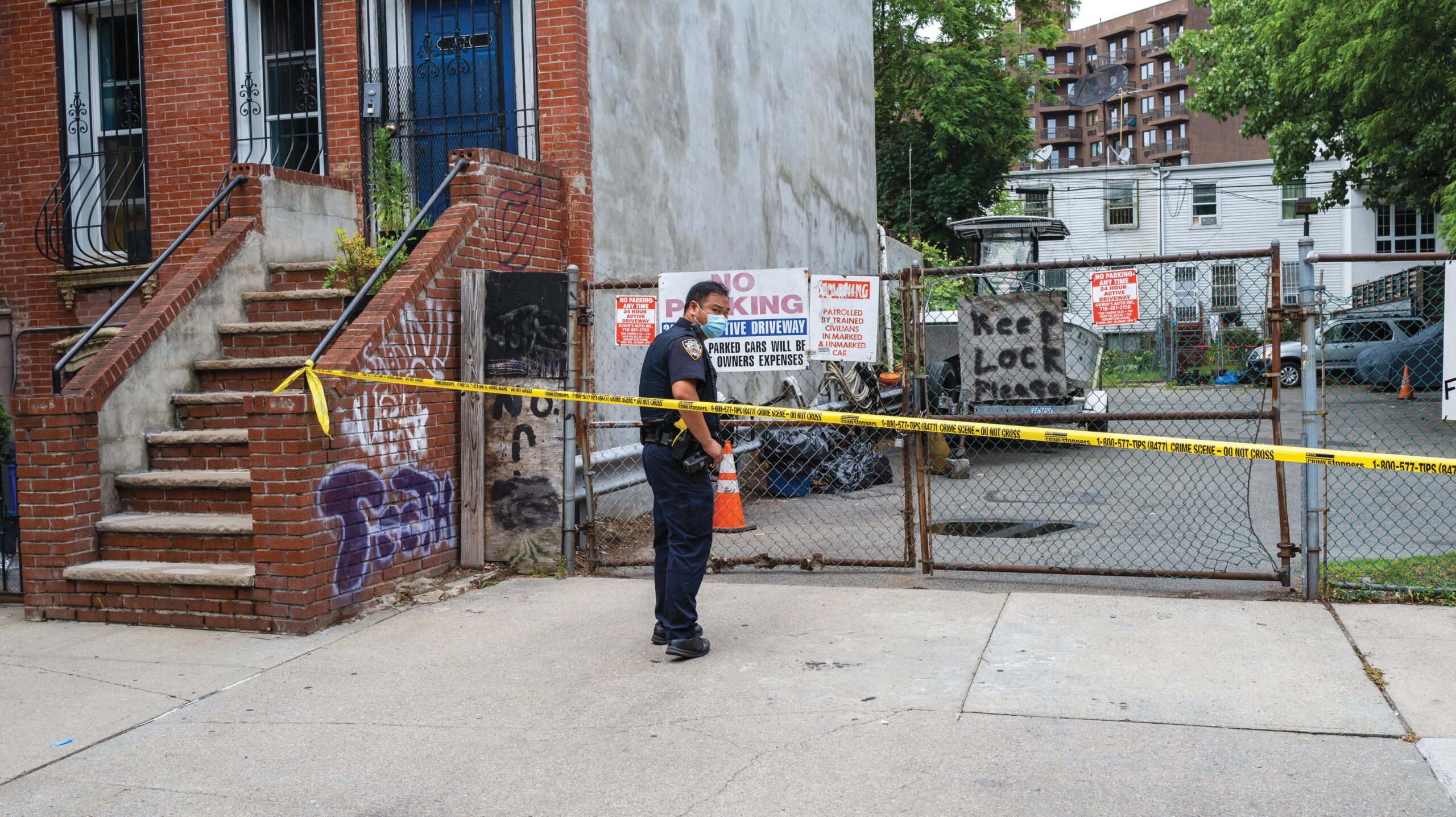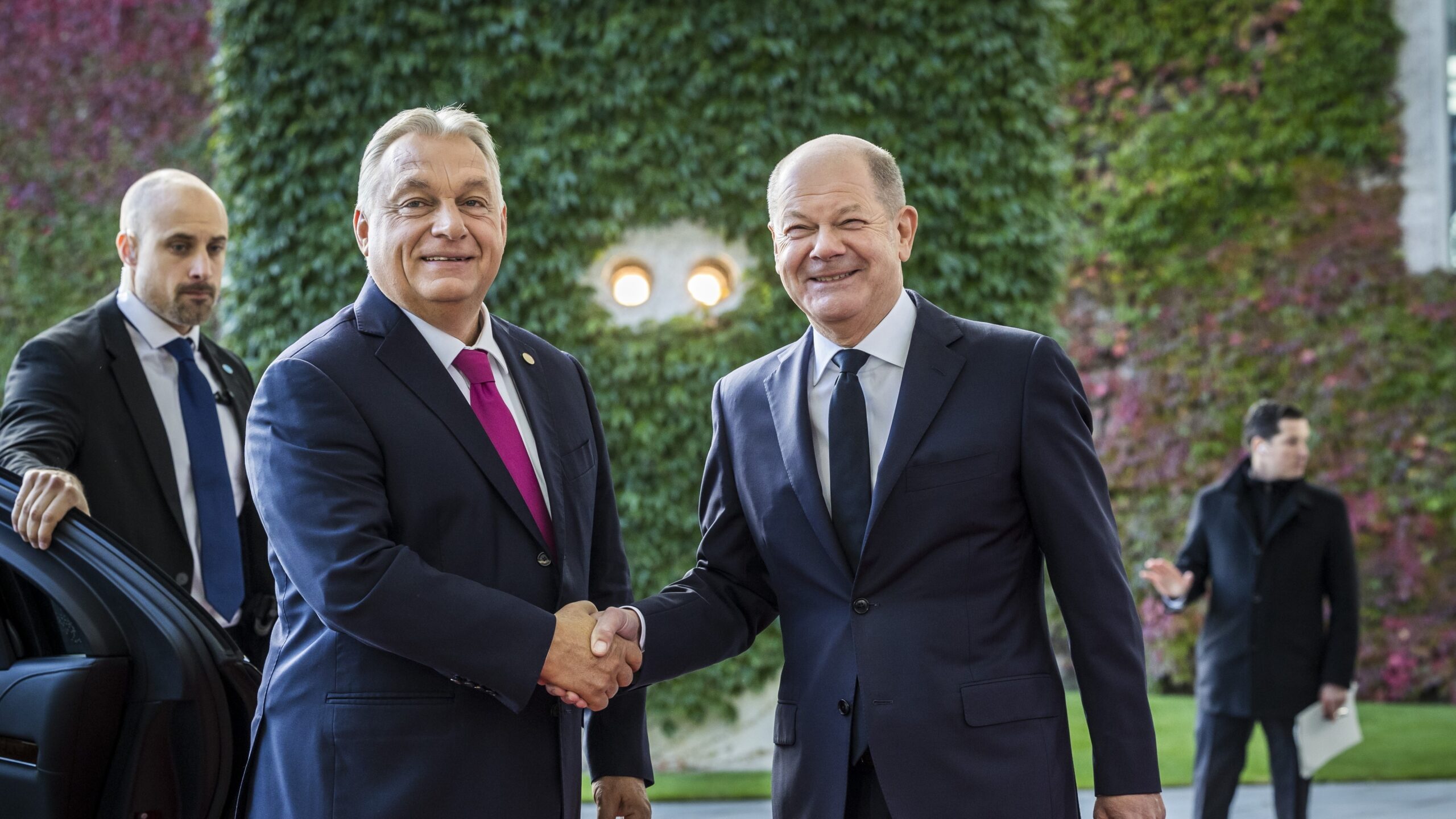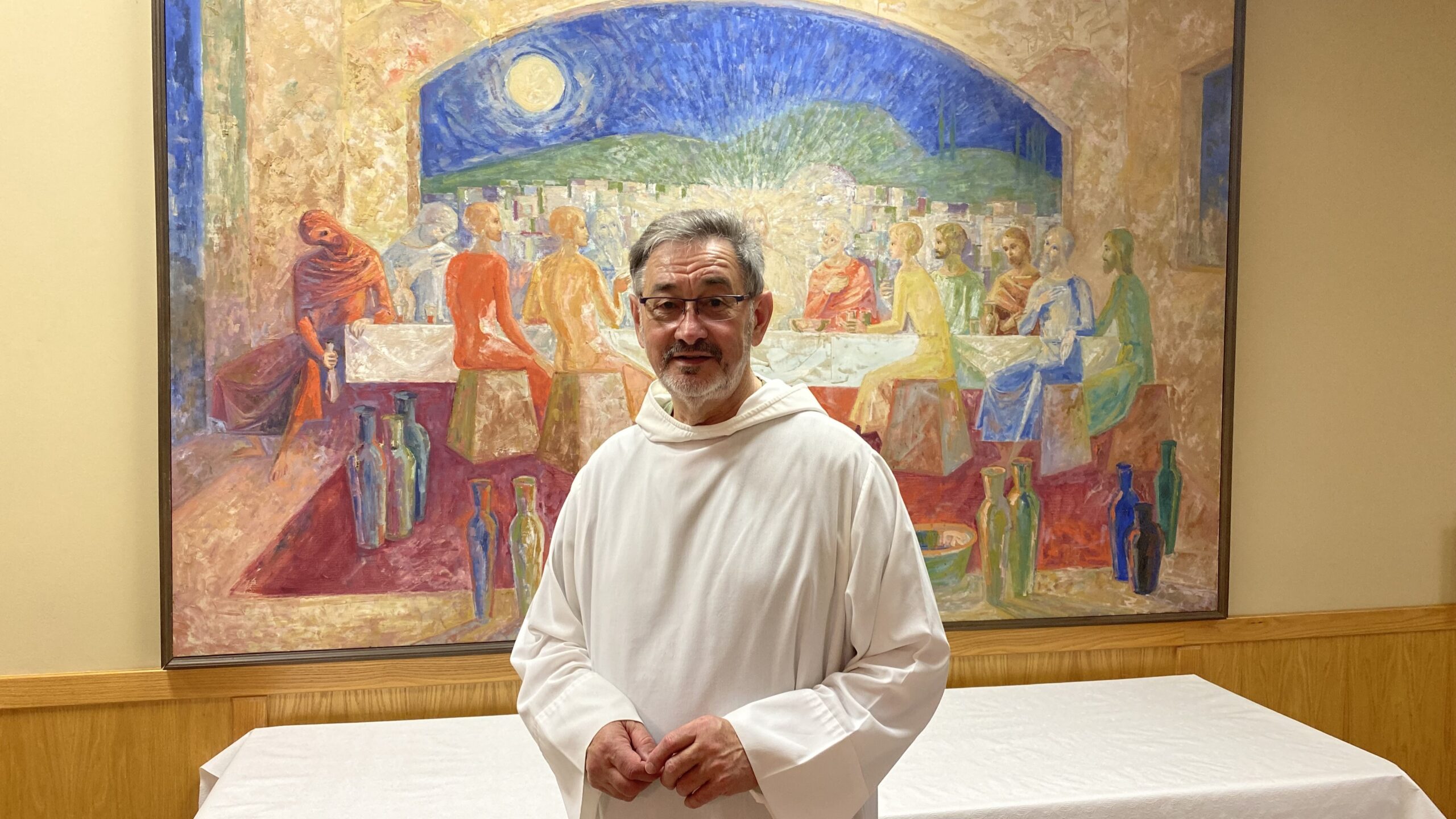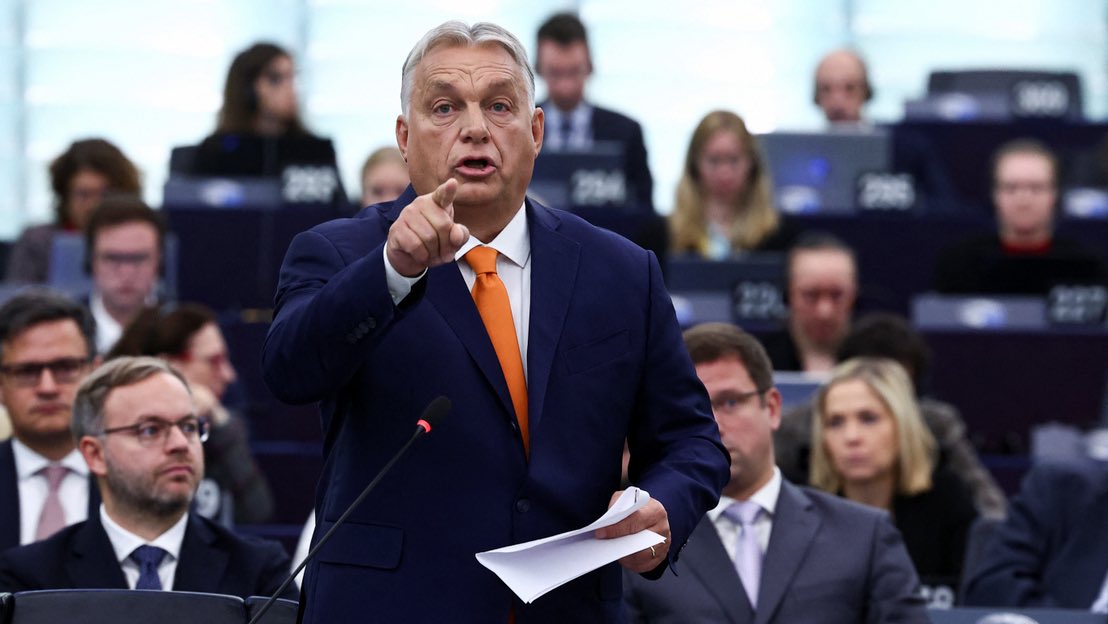
Viktor Orbán to Participate in High-Level EU Meetings in Brussels
Prime Minister Viktor Orbán will attend the first EU-Gulf Cooperation Council (GCC) summit in Brussels on Wednesday, co-chaired by European Council President Charles Michel and Qatar’s Emir Sheikh Tamim bin Hamad Al Thani. The summit aims to strengthen partnerships amidst growing geopolitical challenges. Orbán will also join the European Council meeting later this week.









